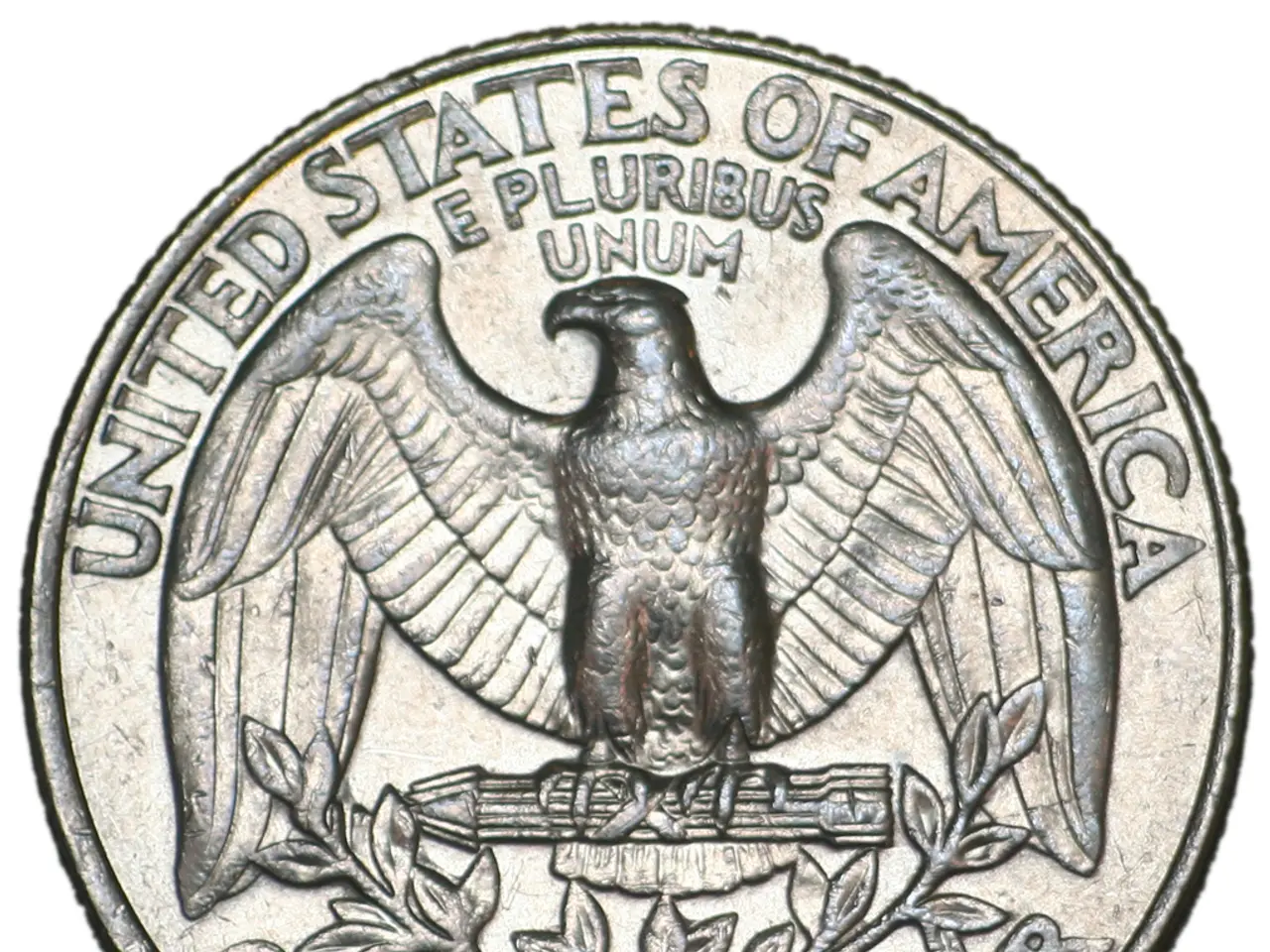Prolonged Struggle Imminent According to US Federal Reserve
FED'S NEXT INTEREST RATE MOVE: 0.5 OR 0.75?
The Federal Reserve (Fed) left the size of its next interest rate hike in September open, with 0.5 or 0.75 percentage points on the table. The main question is how forcefully and for how long the economy should be cooled down to ease inflationary pressures. On the other hand, the European Central Bank (ECB) has already hinted at another substantial rate hike in September.
On July 26-27, the Fed released minutes from its latest interest rate meeting. A significant 0.75 percentage point hike was decided to combat inflation, similar to the previous month. Investors hoped to find clues in the now-published minutes regarding the magnitude of the next interest rate hike in September. Fed Chair Jerome Powell had earlier mentioned a larger hike in September could potentially push the economy into a restraining interest rate environment that slows it down somewhat.
However, the minutes did not point to a preference for the size of the next adjustment - 0.5 or 0.75 percentage points. The Fed members explained that their decision would depend on the economic data. Post the publication of the minutes, the probability of a smaller interest rate hike was estimated at around 60% in the futures markets.
According to the minutes, Fed participants also expressed the expectation that it could take longer than initially assumed to resolve the inflation issue. The central bank's tightening monetary policy, achieved through higher interest rates, plays an essential role in reducing price pressure. Currently, the key interest rate hovers in a range of 2.25 to 2.50 percent.
Inflation rates grew by 8.5 percent year-on-year in July, slower than the 9.1 percent increase in June. The inflation data for August, due out before the Fed's next monetary policy meeting in September, will likely be critical in the interest rate decision.
The ECB could also raise interest rates again significantly in September, despite the lingering risk of recession. ECB board member Isabel Schnabel told Reuters that the inflation outlook had not improved since July. "In July, we decided on a 50 basis point increase given the inflation outlook. At the moment, I don't think that outlook has fundamentally changed." The ECB now decides on a meeting-by-meeting basis based on incoming data. "If I look at the latest data, I would say that the concerns we had in July have not been alleviated." The ECB's next interest rate meeting is scheduled for September 8.
IMPACT OF INTEREST RATE HIKES
Raising interest rates makes borrowing expensive for consumers and businesses, leading to reduced spending and investment. This can help slow down economic activity and ease inflationary pressures. Simultaneously, it can slow economic growth, impact job creation, and increase borrowing costs. Higher rates often strengthen the domestic currency, making imports less expensive and helping moderate inflation. However, increased volatility in financial markets may occur as investors adapt to tighter monetary policy.
In 2022, the Fed's aggressive rate hikes aimed to battle inflation that had skyrocketed to multi-decade highs, striking a balance between lowering inflation and avoiding a steep economic downturn. Meanwhile, the ECB's adjustments were similarly focused on taming inflation within the Eurozone while being cautious of differing economic conditions among member states.
Source: Reuters
Note: The most recent search results focus on the Fed’s current policy stance, which involves an interest rate range of around 4.25%–4.5%, reflecting different economic conditions compared to 2022.
Finance and business sectors are closely monitoring the Federal Reserve's (Fed) decision on the size of the next interest rate hike in September, as a significant move could potentially impact their spending and investment plans. The minutes from the Fed's latest interest rate meeting on July 26-27 did not suggest a clear preference for a 0.5 or 0.75 percentage point increase, with a smaller hike estimated at around 60% in the futures markets.
In addition to the Fed's decision, the European Central Bank (ECB) is also expected to raise interest rates again significantly in September, despite the lingering risk of recession. This move could also have an impact on finance and business sectors, as borrowing costs might increase and economic growth might be slowed down.




